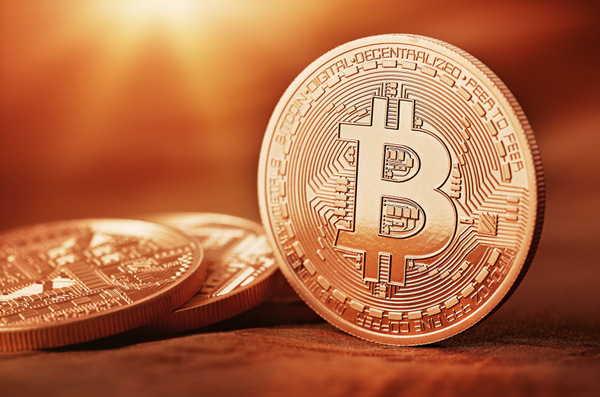Bitcoin
The future or a failure?
Now in its sixth year of existence, bitcoin is rising in popularity, value, and accessibility. The question remains, however, if the digital currency can realistically open new doors for international commerce. Bitcoin is a digital currency that hit the marketplace back in 2008. Like other currencies, its algorithm-based exchange rate fluctuates daily. The currency is […]
